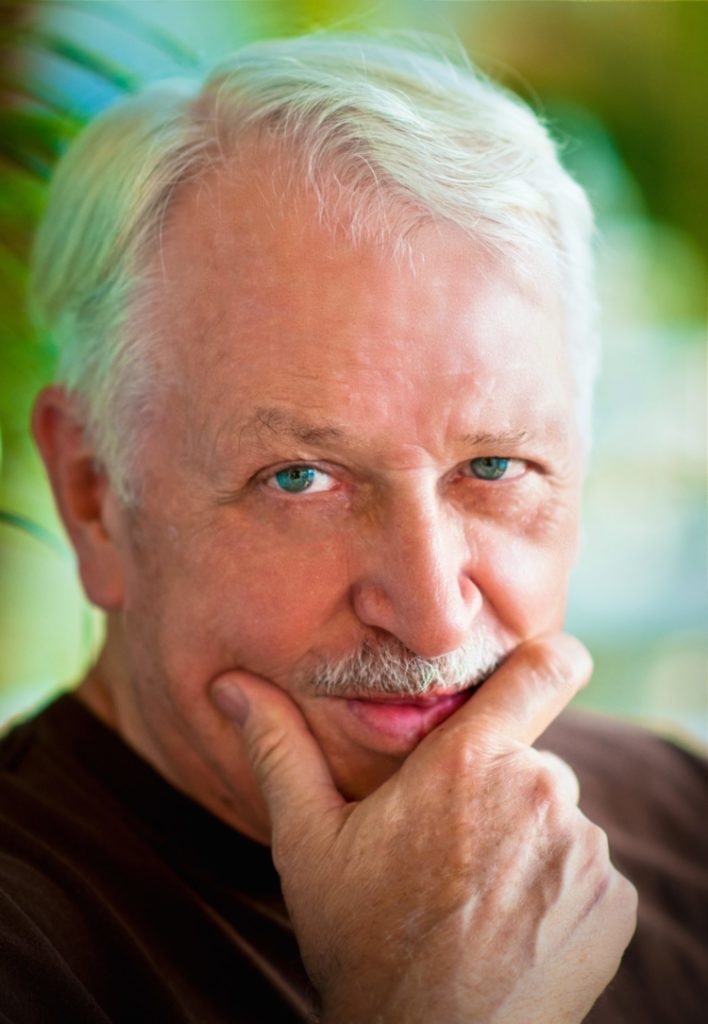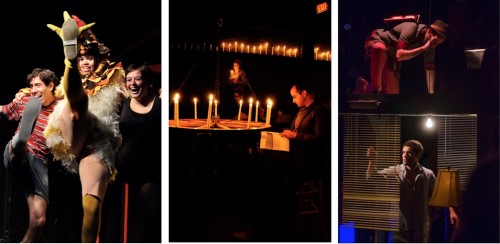
Charles T. Angell
We are sad to announce that foundation founder and president, Charles T. Angell, died this past Friday, December 16, of complications from pancreatic cancer. He was 81 years of age. [Read more…]
Paul M. Angell Family Foundation
Supporting Conservation, Performing Arts, Social Impact

Charles T. Angell
We are sad to announce that foundation founder and president, Charles T. Angell, died this past Friday, December 16, of complications from pancreatic cancer. He was 81 years of age. [Read more…]
We are very sad to note the recent passing of Myrna Salazar, who died suddenly in her Chicago home on August 3 at the age of 75.
The foundation was pleased to present the first ever Chicago Latino Arts and Culture Summit on Monday, May 16, 2022 at the 21c Museum Hotel Chicago. [Read more…]
For over one hundred years, the Latino community has been settling in the Chicago area and making this great city their home. Our natural instinct in coming to a new country has been to express proudly our individual cultural identity. Today, in an ever-changing large metropolitan city, we more than ever continue to express our cultural survival instincts. Through organized performing arts such as music and theater performances as well as visual arts and other artistic disciplines, Latinos have demonstrated resiliency in distinctively maintaining our presence in Chicago.
Early Latino populations who have acted as cultural pioneers in the arts have included Mexicans, Puerto Ricans and Cubans. The list of cultural groups has grown to include Colombians, Venezuelans, Central Americans and others. As Latinos grow in numbers and are now the second largest population in the great city of Chicago, it is befitting that we begin to draw upon our collective efforts to demonstrate to the city that Quienes Somos – ¡Aquí Estamos! (Who We Are – We Are Here!) and that our cultural survival will not go unnoticed.
Our journey to organize this conference includes four leading cultural institutions which collectively bring over 125 years of experience to the field: National Museum of Mexican Arts, Puerto Rican Arts Alliance, International Latino Cultural Center and Chicago Latino Theater Alliance. Our Quienes Somos – ¡Aquí Estamos! mission is to act as a catalyst and to usher a platform aimed at setting a future agenda that highlights the importance of investing in Latino arts and culture. It will, furthermore, create tremendous opportunities for cultural dialogues and engagement. We are certain that this initiative will organically move forward to greater things that will benefit the Latino community.
We need the energy of you and your organizations to be a part of this ambitious project. We are committed to working together, each of us with our distinct identities, but Latinos all, with one voice for a culturally rich Chicago.
¡Aquí Estamos!
Single Carrot Theatre (SCT) was founded in 2005 by a group of students at the University of Colorado, Boulder. The ensemble theatre company takes its name from a quote by the painter Paul Cezanne: “The day is coming, when a single carrot, freshly observed, will set off a revolution.” In 2007, after considering 50 American cities from which to launch their revolution, Single Carrot Theatre voted to move to Baltimore, Maryland.
The troupe has been something of a pioneer of ensemble theatre in Baltimore – when the company arrived in Charm City in 2007, its organizational structure set it apart from other area theatres. At the theatre’s core is the ensemble – a governing body of artists who are actively involved in strategic decision-making, long-term planning, and new policy creation. Today, there are more than ten companies in Baltimore that, like Single Carrot, function under the ensemble model.

Three productions, left to right, “Milk Milk Lemonade,” “Murder Ink,” and “The Apocalypse Comes At 6PM”
Over the last eight years, SCT has staged 65 productions; introduced audiences to playwrights from Russia, Bulgaria, China, Puerto Rico, and the Czech Republic; and entertained and trained more than 10,000 young people. The theatre produces at least one new play or devised work each season, in addition to pursuing socially significant material and embracing technical design that reflects a commitment to uncharted artistic territory. A review of Charles Mee’s Utopia Parkway, which the troupe is presenting through late April 2015, describes the scenic design as “a child’s graffiti-filled urban playground complete with mini skateboarding ramps…[that] doubles as a ritual circle, with incense burning center stage and chants to a dying civilization.” The production is “very much in the style of rough theatre, street theatre, agitprop — a community, if you will, performing an ancient tale for a hungry-for-answers audience” (DC Metro Theatre Arts).
Single Carrot’s work onstage is complemented by educational programming that provides children and teens with unique opportunities to enrich their academic and artistic aspirations. Offerings range from weekend workshops and a summer High School Conservatory to student matinees, in-class visits with actors and artists, and a touring assembly program. Beginning in April 2015, SCT will be in-residence at nearby Margaret Brent Elementary/Middle School to bring 45 minutes of theatre and arts instruction to all grade levels each day. As each class works toward a performance, instructors will spend considerable time building an ensemble within each class.
Single Carrot didn’t have the space to simultaneously run artistic and education programs until last year, when it moved to an impressive, custom-built facility. With a grant from the Paul M. Angell Family Foundation, SCT has been able to offer more programming and improved amenities without raising ticket prices or adjusting the number of scholarships it makes available. Single Carrot believes the arts should be a right, not a privilege. The Foundation is pleased to bring the company closer to making that ideal a reality.

Welcome to the web site of the Paul M. Angell Family Foundation, where you can learn about the Foundation, its granting activities, and peruse grant recipients. Current account holders can log into the online grant management area to work on open applications or complete reports. While you're here, please click on About Paul M. Angell to learn about the life of the man who inspired the formation of this Foundation.

Mini Grants The Performing Arts Program is pleased to announce its new Mini Grant Program! Mini grants are available for small Latino arts organizations which have budgets of under $200,000.00. … Learn More »

The Paul M. Angell Family Foundation is thrilled to introduce two new members of our team: Tiffany McDowell, PhD and Julia Luthringer. Tiffany McDowell has been hired as Director of Social Impact. Tiffany will lead our Social Impact grantmaking portfolio and will continue to build our team as the PMAFF's grantmaking … Learn More»